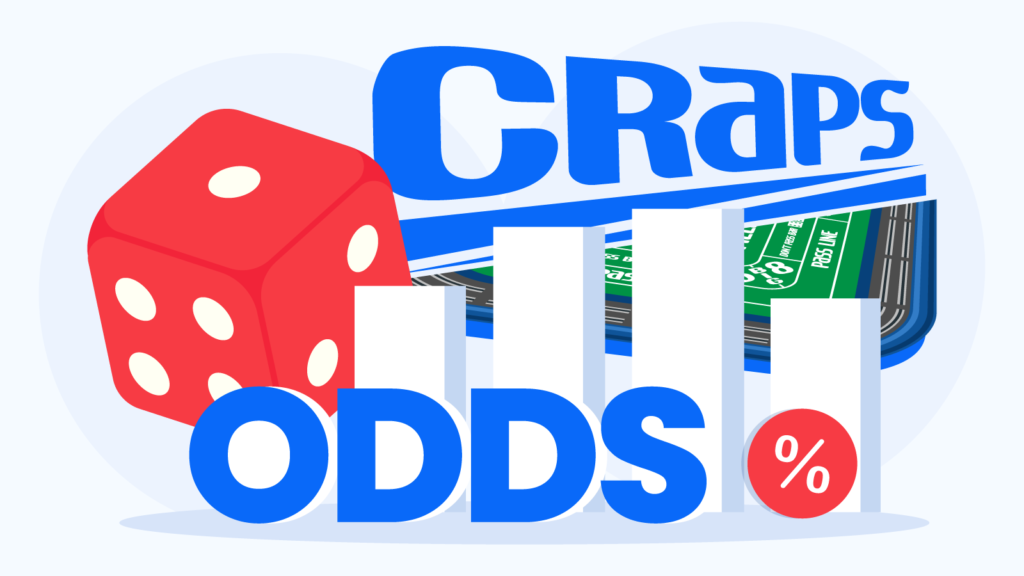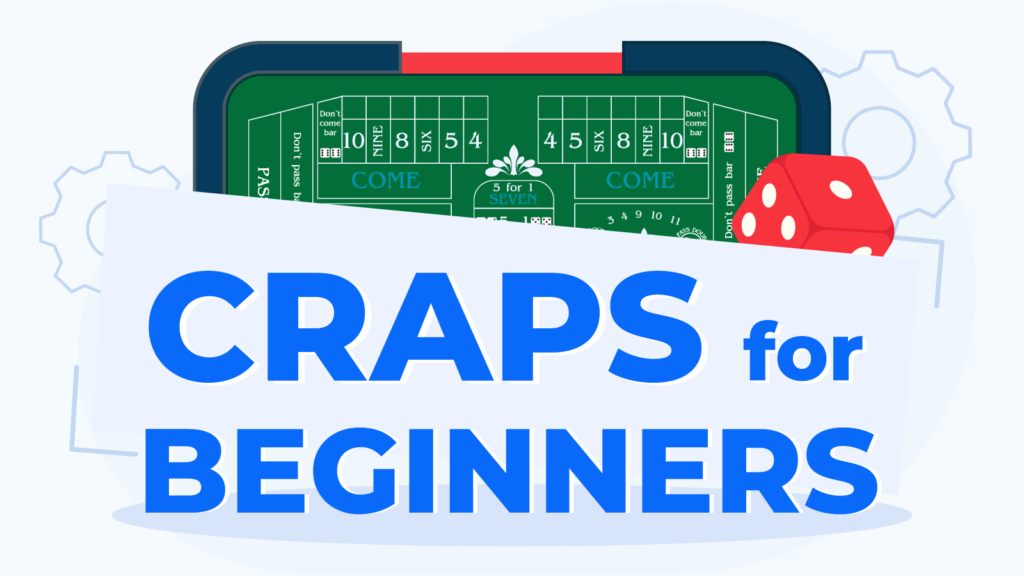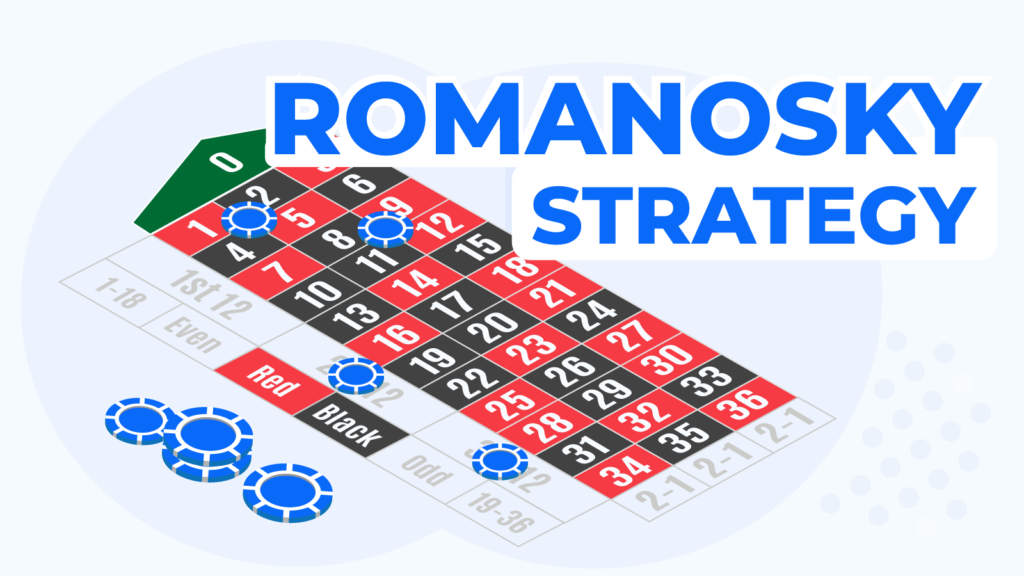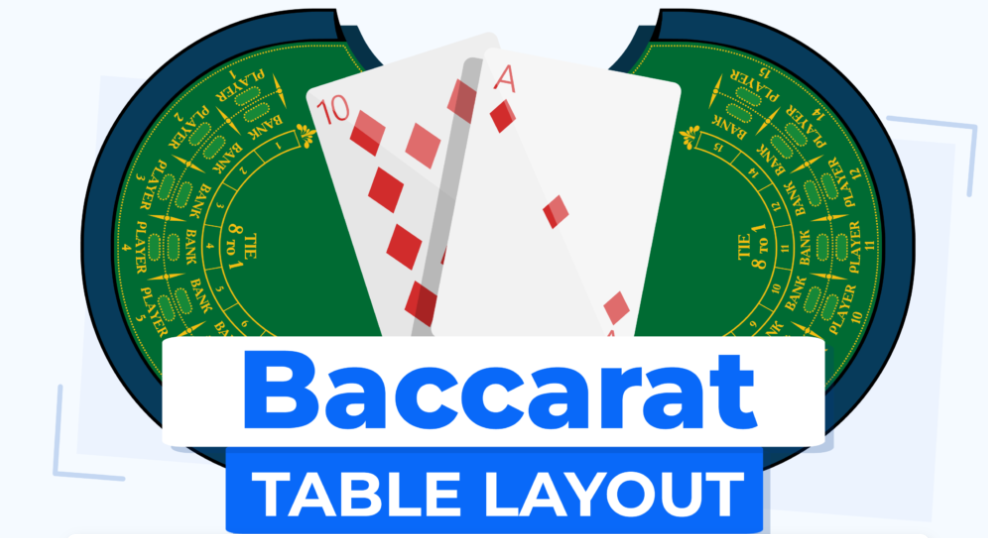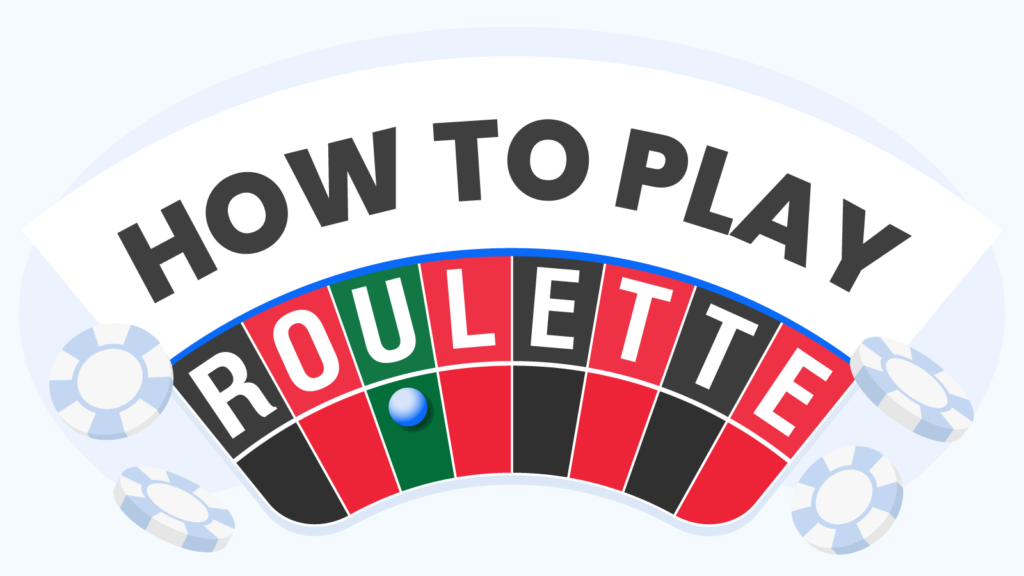
Blackjack Odds Explained: House Edge, Probabilities & Best Bets 2026
All the information in this page was checked by:
Every piece of information we present is rigorously verified by our team of experts using multiple credible sources, ensuring the highest level of accuracy and reliability.
We have paid partnerships with the online casino operators featured on our site. We may also earn commissions when users click on certain links. However, these partnerships do not affect our reviews, recommendations, or analysis. We remain impartial and committed to delivering unbiased gambling content. For more details, visit our Advertiser Disclosure page.
Learn moreBlackjack odds always favor the house, even with perfect play. Most NZ players underestimate how much the rules, bet types, and payout variations affect their long-term results. This guide breaks down the real probabilities, house edge, and how to spot table rules that impact your chances.
- 5 Basic Roulette Rules
- How to play Roulette (Video Tutorial)
- Rules change by the game type!
- Comparing American Roulette Vs European Roulette: Which Version Fits Your Strategy?
- Preparations before playing
5 Basic Roulette Rules
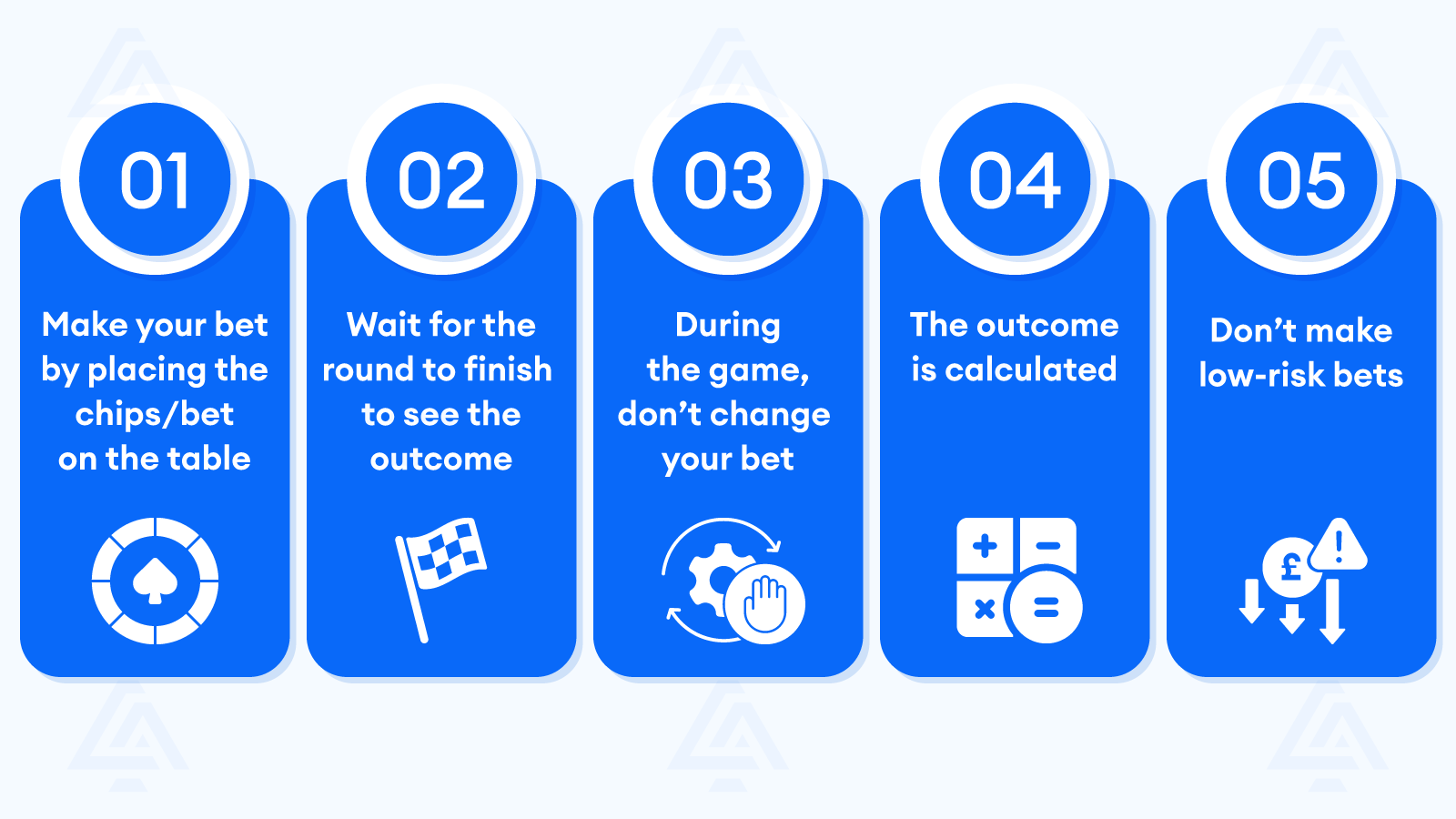
Learning how to play Roulette must start with the base rules. Knowing these, you’ll get to stay in the game and end when you decide to terminate your sessions.
How to play Roulette (Video Tutorial)
Tips: Whatever game you’re playing, you need to keep your time and stakes under a certain limit. We teach you how to stay away from gambling addiction and give you tips that will help you.
Step 1 – Make your bet by placing the chips/bet on the table
Gambling involves staking funds regarding the outcome you think is next. Your initial goal is to guess the right number/colour/bunch that will be the round outcome; your choice represents the patch on the green table that you place your funds on. Important: Roulette casinos always impose minimum and maximum allowed bets for each game they host. If you go under or over, you might lose your place at the table or get your account suspended. Suppose you’re a new player, with or without experience in other casino games. In that case, your bets must be low-valued to keep your budget safe.
Step 2 – Wait for the round to finish to see the outcome
The dealer/the game software will throw the ball (which resembles a marble) onto the Roulette wheel. It will land on a number with one designated colour, red or black. Now, you just have to wait and see how that ends. Tips: Suppose you are in the process of playing while simultaneously wagering a casino bonus. In that case, you should always stick to the rules defined in the Bonus Terms. Otherwise, you will risk losing your bonus altogether.
Step 3 – During the game, don’t change your bet
This is a crucial rule that has serious consequences if broken! Once you have decided on the real-money amount you desire to bet, do not move your chips off the table spot you’ve chosen and don’t change the sum. Remember this if you’re playing at a physical casino! Some establishments don’t allow players to leave the table when a round is in progress. That will disqualify you.
Step 4 – The outcome is calculated
Each possible result will trigger a series of events that will show you if you’ve won or lost. How does that work? Depending on the betting/casino limits, the players’ bets, and where the ball landed, the table pot will be given to the winner(s). To better understand how Roulette outcomes work, you need to go deeper than Roulette rules and learn some details we now provide. The Roulette game rules are based on the roulette wheel, as are your odds of success. Your bets may be uncertain if you are familiar with the wheel and the table attached to it.
Step 5 – Don’t make low-risk bets: Bonus step
Low-risk bets are unallowed by the standard Roulette rules since it is considered “Irregular Play”. They include:
- Betting on both the red square and the black square at the same time;
- Staking small amounts on multiple slots;
- Cancelling bets in-game;
- And others.
Important: Gambling sites and land-based casinos have different regulations that define strategies that they ban. Always take your time to read what not to do before you play, depending on your situation. If you disobey the rules, you can either be banned or lose the funds given to you. Following CasinoAlpha’s advice will keep you away from such problems. Our texts are heavily researched and crafted by genuine gamblers, so we know what scenarios might creep up on you and how to avoid them.
Rules change by the game type!
Smart gamblers should know that Roulette rules slightly change according to their game subtype. For starters, remember that there are three main types:
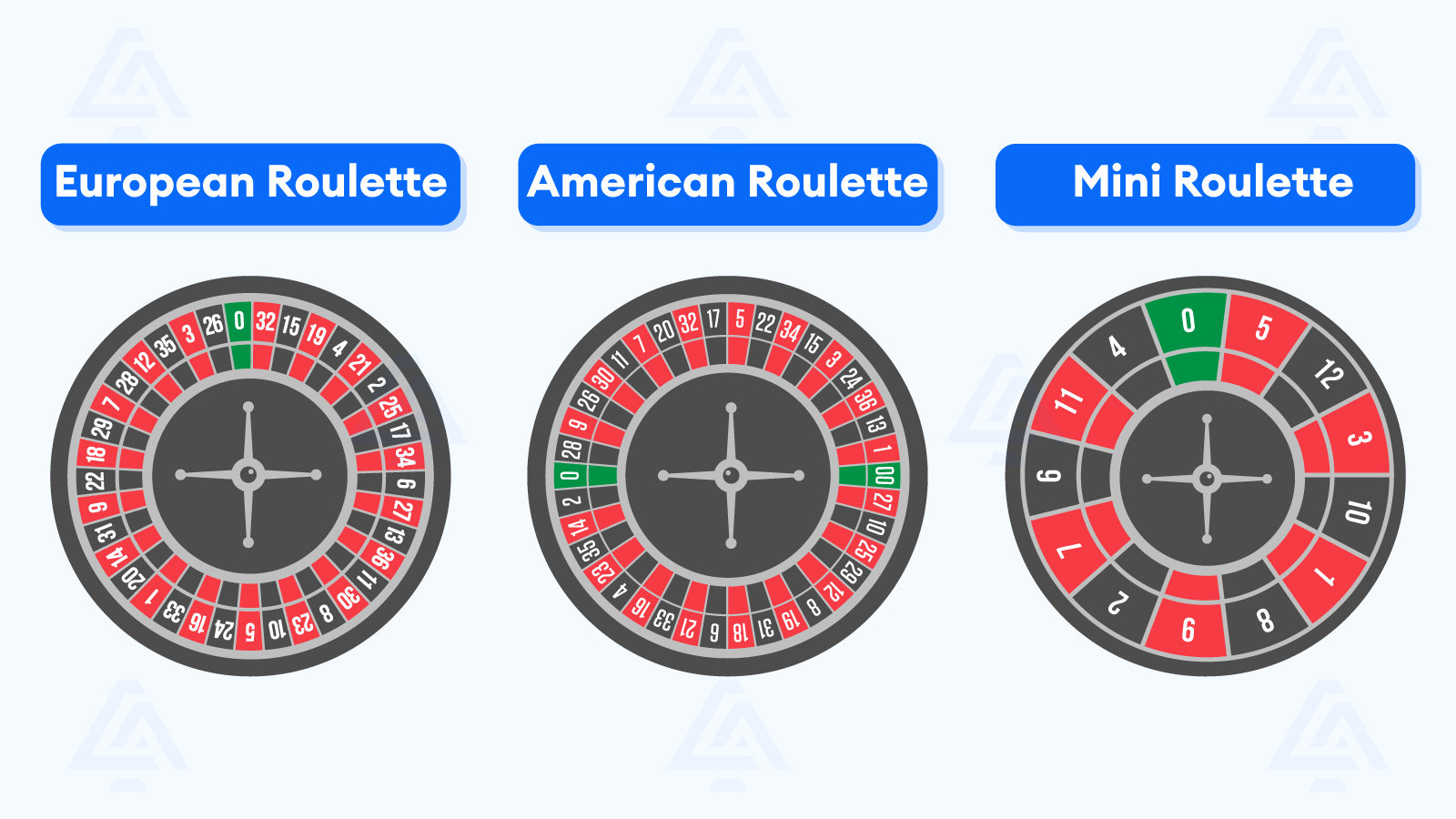
- European Roulette;
- American Roulette;
- Mini Roulette.
This guide would not be complete without knowing the essentials for each one. Without going too deep into it, here’re are our top advice!
American Roulette: Stay away from myths!
We’ve been in casinos long enough to know that some players choose the numbers after their lucky numbers, like birthdays, anniversaries, important events, etc. Myth busted: There is no logic that your “lucky numbers” will be the ones that the ball lands on! Mathematically speaking, no numbers are “favourites”.
European Roulette: 2 fundamental rules
If you’re unsure how to identify what you’re playing, look for the wheel with numbers from 1 to 36 and one green square with the “0”. Done with that? Great! Don’t forget about:
The “En Prison” rule
This stipulates that you can recuperate your stakes if the ball falls on “0” if your initial bet was:
- High-low numbers;
- Even-odd;
- Red-black.
What does “en prison” translate to? In French, it means “in prison, ” meaning your funds are locked on the table until the next round. To showcase this, the Dealer or the automatic game will move your stakes on a particular marker on the table until the ball is thrown again.
The “La Partage” rule
A similar move is represented when the ball lands on Zero, and you have just engaged in an Even Bet. That sum is split in half, and one side is returned to your funds while the other moves to the casino. Usually, it is an automatic movement that the Dealer or the game software performs. The advantage here is that a part of your losses is returned to you, ultimately decreasing The House Edge.
Comparing American Roulette Vs European Roulette: Which Version Fits Your Strategy?
However, the critical difference goes beyond the extra zero when choosing between American and European roulette versions. At CasinoAlpha NZ, we consider it essential to understand these differences because the following section will focus on enforcing roulette strategies depending on the type. So, if you want to be ahead of the house by manipulating the house edge percentage, the best way is to use mathematical approaches, but it’s essential to understand each version’s wheel layout, house edge, etc.
Key Differences: Wheel Layout and House Edge
The first difference between these two versions of roulette is the wheel layout. As you saw, the American version adds two zeros (00), pushing the house edge higher, meaning the casino will be paid more. Because it contains only one zero, the European version will offer you an advantage over the house.
| Version | Wheel Layout | House Edge |
|---|---|---|
| American Roulette | 38 pockets: 1-37, 0+00 | 5.26% |
| European Version | 37 pockets: 1-36, 0 | 2.36% |
Keep in mind that if you want to dive deep into the concept of house edge, our experts managed to make things more accessible with a top-tier house edge roulette guide.
Best Roulette Betting Strategies for Each Version: Strategy is The Key
| Strategy | Best For | Version | How It’s Used | Effects on Gameplay |
|---|---|---|---|---|
| Fibonacci | Conservative, progressive betting | European Roulette | After a loss, increase the bet based on the Fibonacci sequence (1, 1, 2, 3, 5, etc.). It aims to recover losses slowly. | The gradual recovery of losses works best with a lower house edge in European Roulette. |
| Martingale | Players with large bankrolls | European Roulette (safer), but can be used in American | Double your bet after every loss to recover losses with one win. Works best in games with a lower house edge. | High risk with potential for large losses; quick recovery of losses with a high house edge in American Roulette. |
| Reverse Martingale | Players capitalising on winning streaks | Both American & European | Increase the bet after every win to capitalise on a winning streak. Start small after losses. | Lower risk after losses maximises gains during winning streaks. |
| D’Alembert | Cautious progression | Both, but better in American | You increase your bet by one unit after a loss and decrease it by one unit after a win—a safer alternative to Martingale. | Slower bet progression reduces the risk of significant losses, which is ideal for American Roulette with a higher house edge. |
| James Bond | Balanced betting strategy | European Roulette | Use flat betting with a fixed amount on high, middle, and zero numbers for balanced coverage. | It covers multiple table sections, making it ideal for European Roulette with a single zero. |
| Romanosky | High coverage betting | European Roulette | Bet on multiple table sections (six-line and corner bets) to cover 32 out of 37 numbers. | It covers a large portion of the table, reducing risk and taking advantage of better odds in European Roulette. |
Preparations before playing
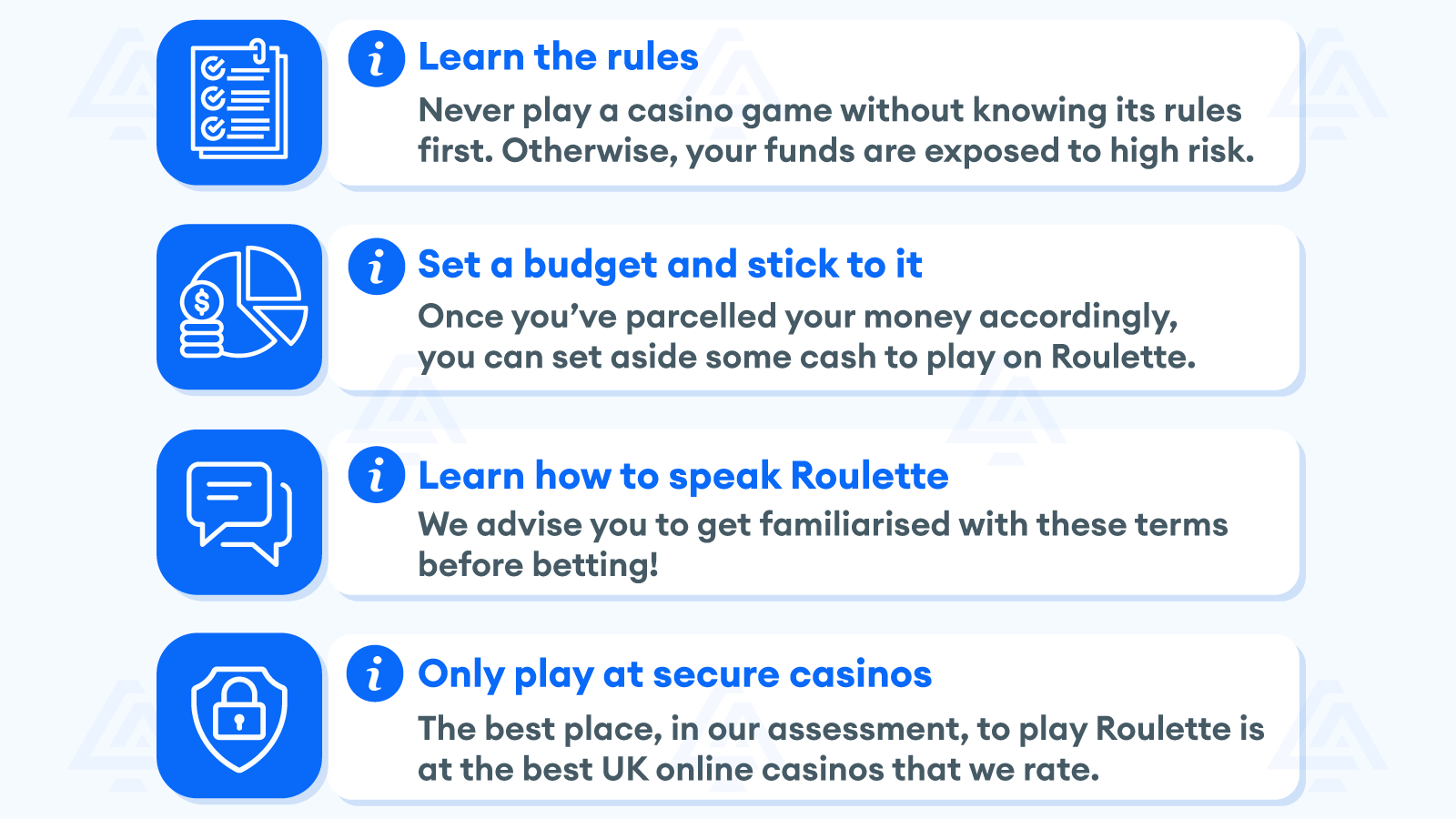
As gamblers of several years, we know that knowing the Roulette rules and possible outcomes is not enough. Thus, we have prepared four things to consider and complete before you sit down and stake your funds. Tips: This section contains all the information needed to have a safe time at the table. Please consider the advice we’ve prepared and avoid rookie mistakes.
Learn the rules!
If you’ve read this far, then you’re all done with this first step. CasinoAlpha’s authors are gamblers, and they’ve created a short guidebook based on authentic experiences in land-based and online casinos. We want you to be an informed New Zealander gambler. Only then can you become confident enough in making gambling decisions that protect your health and respect your budgeting needs. Be aware: Never play a casino game without knowing its rules first. Otherwise, your funds are exposed to high risk. You must also read the casino-specific rules defined in the Terms and Conditions regarding online gambling. Now that we’ve covered that, let’s move on to your casino wallet!
Set a budget and stick to it!
Your casino wallet is the money you set aside for your bets. Calculating how much you can afford is an essential step. Sticking to your plan is not easy, but it becomes a habit through exercise and effort. Before playing and after learning the Roulette rules, you need to take time and calculate your budget for a specific session or a specific timeframe (like a day, a week, or a month). Important: You can only correctly split some of your funds and keep some for gambling after you’ve set aside funds for house spending, personal spending, bills, insurance, investments, etc.! Once you’ve parcelled your money accordingly, you can set aside some cash to play on Roulette. It would help if you then thought about how much you’d like to spend and, no matter the number of wins or losses, not pay any pound over what you decided initially. So, the bottom line is to know how much you want to stake before sitting down at the table and walk away immediately after you’ve reached that limit.
Learn how to speak Roulette
Every casino game, especially the ones with such a long history, have their own slang. We advise you to get familiarised with these terms before betting! CasinoAlpha’s authors worked together to bring you a dictionary of basic terms.
Rouge
Within the Roulette rules, “Rouge” represents the colour red on the wheel and all the numbers included in that bunch.
Noir
“Noir” options or numbers on the wheel mean all the black slots.
Pair
If you ever heard this said during a game, know that it means any even numbers.
Impair
“Impair” in Roulette refers to any odd number, combination, or the whole odd sequence.
Manque
This means that the ball landed on a value that is smaller than 18.
Passe
When you hear this, it means that the ball landed on numbers higher than 18. A little language history lesson Manque means “failed”, and Passe means “passed/successful”, so these are nicknames for the situations where the ball got under or over the “18” space. There are slang words for the bets you make within the Roulette rules, too!
Premier douzaine
This is when you make a bet on an option from the 1-to-12 sequence.
Moyenne douzaine
This is used to mark bets on middle sequence numbers, which go from 13 to 24.
Dernier douzaine
The term designated bets made on one of the “last” sequences of numbers, namely 25 to 36.
Colonne
This term means that some player in the game has bet on an entire column of numbers. Tips: When you’re playing at an online casino, inform yourself first if column bets are allowed. Some sites may consider that irregular play and penalise you by cancelling your bonus. Recommendation: If you’ve read the mini-dictionary section, you must be a new player. If that’s the case, our professionals recommend you try 5 deposit casinos or even 1 deposit casino sites because they have a small buy-in, which can be an advantage for your budget.
Only play at secure casinos!
No matter how well educated you are in playing Roulette and Roulette rules, your safety is not guaranteed by just that. CasinoAlpha brings you the only guaranteed solution! In our assessment, the best place to play Roulette is at the best online casinos in NZ that we rate. However, you must be aware that some live dealer casinos where you can trigger bonuses for roulette will not let you use betting strategies; moreover, we determined that many NZ live casinos have machine learning that can detect betting strategy patterns, so it would be best if you read the terms first.
Why?
We look into all the elements that affect your gameplay:
- Licensing;
- Security;
- Wagering;
- Rules;
- Payouts;
- The usefulness of live chat.


